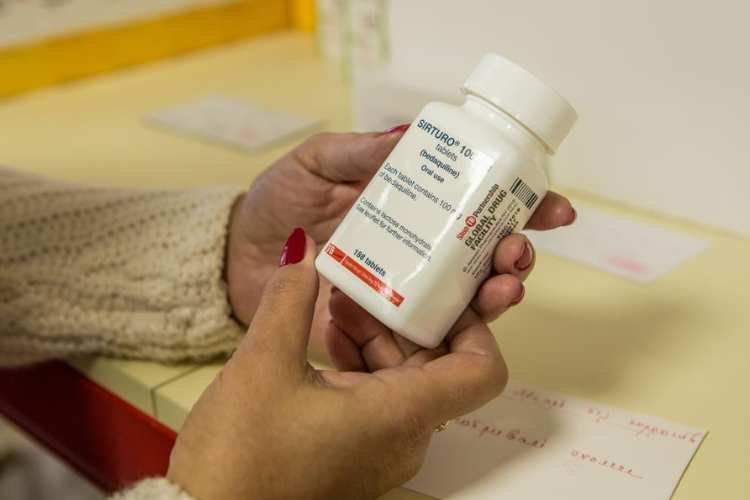Johnson & Johnson has taken significant steps to improve access to its multidrug-resistant tuberculosis (MDR-TB) medication, Sirturo (bedaquiline), in low- and middle-income countries. The company has allowed generic competition and reduced the price of Sirturo, making it more affordable in these regions. In an even more commendable move, Johnson & Johnson has now committed to not enforcing secondary patents on Sirturo in 134 countries. This decision enables generic drug manufacturers in low- and middle-income countries to produce their own versions of Sirturo, provided they meet quality and medical standards and restrict their distribution to these 134 countries.
“This addresses any misconception that access to our medicine is limited or restricted and builds on our decade of investments in collaborative efforts to help countries sustainably scale up access and bring people living with MDR-TB into treatment.”
– Howard Reid, J&J’s head of global public health and social impact
While the primary patent for Sirturo expired recently, some secondary patents are still in effect until 2027. This announcement from Johnson & Johnson follows calls from various advocacy groups urging the pharmaceutical giant to enhance access to the drug.
Also Read: J&J Cuts TB Drug Price By 55% After Giving Up Patent Rights
Unitaid, a global health initiative, recently pressed J&J to go beyond price reductions. Dr. Philippe Duneton, executive director of Unitaid, expressed disappointment in an open letter to CEO Joaquin Duato, stating that J&J had disregarded calls from the public health community to cease enforcing secondary patents in countries heavily affected by MDR-TB.
Previously, the pricing agreement, which offered a 55% discount on Sirturo, limited access to the medication through the Global Drug Facility (GDF), excluding numerous countries, as highlighted by Unitaid.
Sirturo plays a crucial role in the World Health Organization’s treatment guidelines for MDR-TB, with three out of every four MDR-TB patients receiving a regimen containing bedaquiline, according to J&J. Médecins Sans Frontières (MSF) hailed this commitment as a “huge success” and a “paradigm shift” in the treatment of TB. MSF now plans to focus on Otsuka’s TB drug delamanid and its secondary patents, as mentioned in a recent statement.





























